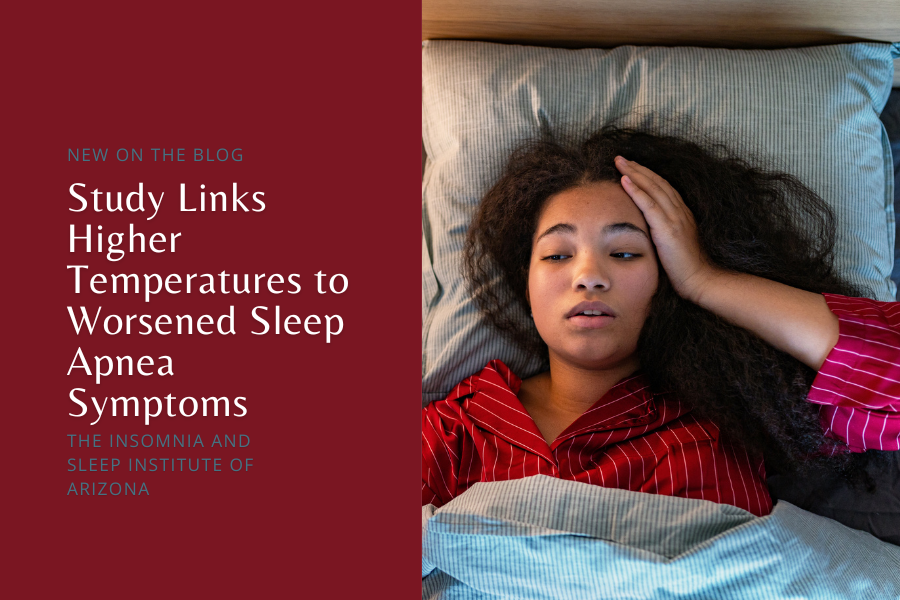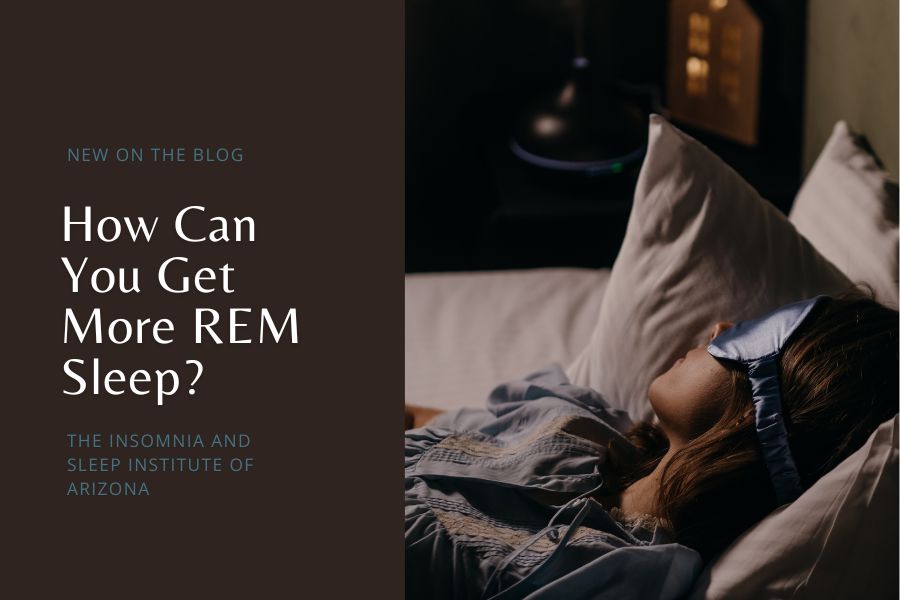Quality sleep is important for a healthy mind and body. Research reveals that sleep affects more than just how rested we feel. It is important in cognitive performance as well.
The findings show a clear link between proper sleep and sharper cognitive abilities. This emphasizes the need to maintain good sleep habits.
What Does the Latest UK Biobank Study Reveal About Sleep and Cognition?
The UK Biobank study explores the link between sleep, chronotype, and cognitive performance. With 26,820 participants aged 53–86, it examines how sleep patterns and lifestyle factors impact brain function. The study shows how sleep duration, quality, and timing affect cognitive abilities.
Sleep Duration and Cognitive Performance
Participants who slept the recommended 7–9 hours per night showed better cognitive function than those who slept more or less. Normal sleep duration was linked to higher cognitive scores. Specifically, these individuals performed better on tasks involving memory, reasoning, and reaction time. In contrast, both shorter and longer sleep durations were associated with lower cognitive performance.
On the other hand, extended sleep durations — those over 9 hours — were associated with lower cognitive scores. This negative impact was observed in both cohorts, suggesting that too much sleep can be just as harmful as too little when it comes to brain function. Sleep that exceeds 9 hours may lead to cognitive decline, as reflected in the statistical findings: Cohort 1 (β = −0.188, 95% CI −0.2938 to −0.0822) and Cohort 2 (β = −0.2619, 95% CI −0.3755 to −0.1482).
Chronotype and Cognitive Function
Chronotype — whether you’re an early bird or night owl — has a notable impact on cognitive outcomes. In the study, intermediate and evening chronotypes outperformed morning types on cognitive tests. Evening types, in particular, showed enhanced abilities in reasoning and memory retention. Morning types, by contrast, did not exhibit the same strengths in these areas.
This finding suggests that being more alert during evening hours may offer cognitive benefits. However, evening chronotypes only performed better in certain tasks, emphasizing the need for consistency in sleep habits. Maintaining a regular sleep schedule remains essential for cognitive health, regardless of one’s natural sleep preference.
Health and Lifestyle Factors
The UK Biobank study went beyond examining sleep patterns. It also explored how various health and lifestyle factors affect cognitive performance. Several critical elements were identified in the study, showing their impact on cognitive outcomes. These findings offer valuable insight into the connection between daily habits and brain function.
- Age and Gender: Age significantly impacted cognitive abilities, with older participants experiencing a natural decline. Gender differences were evident as well, particularly in how sleep patterns influenced cognitive performance. Males and females showed distinct variations in this relationship.
- Vascular and Cardiac Conditions: Conditions such as angina and high blood pressure were negatively associated with cognitive function. Participants with these conditions generally scored lower on cognitive tests.
- Diabetes: Individuals with diabetes showed impaired cognitive function, reinforcing the well-established link between metabolic health and cognitive decline.
- Alcohol and Smoking: Alcohol consumption and smoking habits significantly influence cognitive performance. Excessive drinking and smoking both link to lower cognitive scores.
- Body Mass Index (BMI): Higher BMI was linked to poorer cognitive outcomes. This finding is consistent with research showing that obesity and poor metabolic health can negatively impact brain function over time.
How Does Sleep Quality Impact Cognitive Health?
Sleep quality is just as important as sleep duration. Poor sleep — whether from fragmented rest, insomnia, or other disorders — can impair cognitive function. Even those getting the recommended hours of sleep showed lower performance on cognitive tasks if their sleep quality was poor.
Good sleep is essential for memory consolidation, information processing, and mental clarity. Even 7–9 hours without restful sleep may not deliver the cognitive benefits your brain needs.
How Can You Improve Sleep for Better Cognitive Performance?
Improving sleep quality is one of the most effective ways to enhance cognitive performance. Studies have repeatedly shown that getting the right amount of sleep helps with memory retention, problem-solving, and focus. Achieving this isn’t always simple, but a few actionable strategies can significantly improve sleep and, consequently, boost cognitive function.
Establish a Consistent Sleep Schedule:
Maintaining a consistent sleep schedule by going to bed and waking up at the same time every day — even on weekends — helps regulate your internal clock. Over time, this regularity promotes better sleep quality. It also makes it easier to fall asleep and stay asleep throughout the night.
Create a Sleep-Conducive Environment:
Your bedroom environment matters. A cool, dark, and quiet room promotes better rest. Set the thermostat between 60–67°F, block out noise with earplugs, and limit light with blackout curtains or sleep masks. These changes can significantly improve sleep quality, which directly benefits your cognitive abilities, particularly memory and attention.
Limit Screen Time Before Bed:
Blue light from devices like phones, tablets, and computers suppresses melatonin, the hormone that helps you feel sleepy. Reducing screen time at least an hour before bed allows your body’s natural sleep rhythm to take charge. Exposure to blue light before sleep can delay melatonin release by up to three hours. This delay affects your ability to fall asleep quickly. It also impacts overall cognitive performance.
Adopt Relaxation Techniques:
Relaxation exercises, such as deep breathing, meditation, or light stretching, are effective for reducing stress and anxiety before bed. Stress, a major disruptor of sleep, can interfere with your ability to rest. Incorporating these exercises into your routine can create a calming environment conducive to better sleep. A study found that participants practicing mindfulness meditation experienced improved sleep quality and enhanced cognitive function. This emphasizes the importance of managing stress to support both mental and physical well-being.
Watch What You Eat and Drink:
Consuming caffeine or heavy meals before bedtime can interfere with your ability to fall asleep. Caffeine’s half-life is approximately five hours, meaning it can linger in your system and keep you alert long after consumption. Opt for lighter meals and avoid caffeine at least 6 hours before bed for better rest and cognitive performance.
What Are the Long-Term Consequences of Poor Sleep on the Brain?
The long-term consequences of poor sleep go beyond feeling tired the next day. Chronic sleep deprivation can have serious effects on brain health and cognitive function. Consistently poor sleep contributes to memory issues, reduced cognitive flexibility, and a higher risk of neurodegenerative diseases.
Impaired Memory Retention and Learning:
Sleep is important for consolidating memories. During this time, the brain processes and organizes information, shifting memories from short-term to long-term storage. Studies show that a lack of sleep can reduce learning capacity by nearly 40%, dramatically affecting your ability to retain new information. This underscores the crucial link between quality sleep and cognitive function. Ensuring proper rest allows your brain to perform at its peak.
Reduced Cognitive Flexibility:
Cognitive flexibility refers to the brain’s ability to adapt and respond to new information or changing environments. Chronic sleep deprivation impairs this ability, making problem-solving and decision-making more challenging.
Increased Risk of Alzheimer’s Disease:
Poor sleep is linked to the buildup of beta-amyloid plaques in the brain — one of the primary markers of Alzheimer’s disease. Even a single night of poor sleep led to a 5% increase in beta-amyloid in the brain. Chronic sleep deprivation, over time, can greatly increase the risk of Alzheimer’s and other forms of dementia. It is important to maintain healthy sleep habits.
Weakened Emotional Regulation:
Sleep and emotional regulation are closely connected. Sleep deprivation affects the brain’s amygdala, the region responsible for processing emotions. Without proper rest, individuals are more likely to experience mood swings, irritability, and increased stress. Long-term sleep deprivation can also contribute to more serious mental health disorders, such as depression and anxiety.
Higher Risk of Stroke and Heart Disease:
Chronic poor sleep is associated with a higher risk of cardiovascular issues, including stroke and heart disease. A study concluded that individuals who consistently slept fewer than 6 hours per night had a 20% higher risk of developing cardiovascular conditions. This adds to the growing body of evidence that sleep is essential not just for cognitive function, but for overall brain and heart health.
Why Should You Trust Us for Your Sleep Needs?
When it comes to your sleep health, you can trust The Insomnia Institute of Arizona to deliver expert care backed by years of experience. Our dedicated team specializes in helping individuals like you improve their sleep and overall well-being.
We focus on proven methods, using our expertise to guide you toward better rest and sharper cognitive function. With trust and professionalism at the core, we are dedicated to improving your sleep health. Our passion lies in helping you achieve the best possible results for a well-rested, healthier you. Let us help you take the next step in improving your sleep and life quality. You’re in good hands with us.
References
Sleep deprivation increases Alzheimer’s protein. (2018, April 23). National Institutes of Health (NIH). https://www.nih.gov/news-events/nih-research-matters/sleep-deprivation-increases-alzheimers-protein/
Sleep On It. (2024, June 17). NIH News in Health. https://newsinhealth.nih.gov/2013/04/sleep-it
Ding, X., Wang, X., Yang, Z., Tang, R., & Tang, Y.-Y. (2020). Relationship Between Trait Mindfulness and Sleep Quality in College Students: A Conditional Process Model. Frontiers in Psychology, 11. https://doi.org/10.3389/fpsyg.2020.576319
West, R., Tak, R., Park, J.-E., Lee, S. W., Dinayinie Ekanayake Mudiyanselage, Liu, Z., & Ma, D. (2024). Sleep duration, chronotype, health and lifestyle factors affect cognition: a UK Biobank cross-sectional study. BMJ Public Health, 2(1), e001000–e001000. https://doi.org/10.1136/bmjph-2024-001000
Disclaimer: This content is not a substitute for professional medical advice. Consult a healthcare provider for any health concerns.








